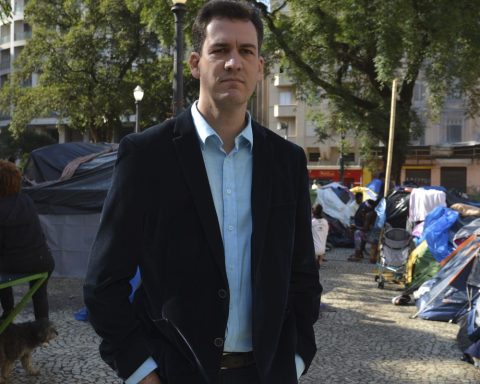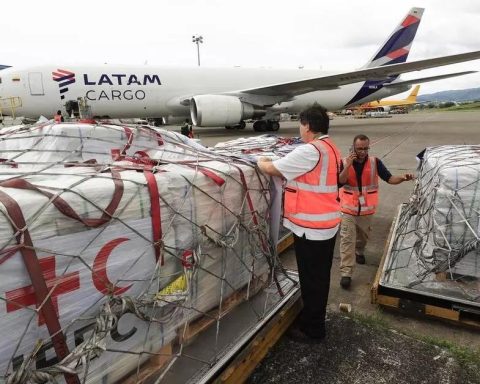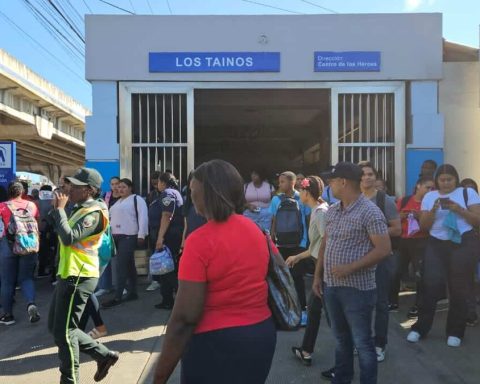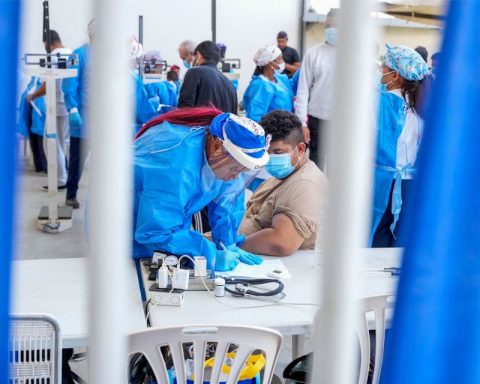Havana Cuba. – After one year and five months of implementation, the Planning Task has not managed to meet its objectives. So far, its updates follow the trial-and-error model of previous reforms, which continue to extend political control over the liberation of private initiative.
The Cuban government called the Monetary Unification and the reform of prices, wages and pensions a task called Ordenamiento, which, in theory, should balance the imbalance caused by the devaluation of the peso. It was hoped that the financial transformation could unlock the productive forces.
However, in practice, the salary reform was not proportional to inflation and prices could not fulfill their regulatory function between supply and demand, despite the use of administrative fees for food and basic necessities.
According to Luis Enrique Pérez García, an economist and former professor at the municipal headquarters of the University of Havana in San Miguel del Padrón, as a whole the package of measures ―devaluation, prices, subsidies, salaries and pensions― should be able to manage negative trends and minimize their impact on the population, establishing a general balance.
“Two types of inflation were combined that showed that the reform was not well prepared,” explains the economist. “The first, created within a supposedly manageable context; and another ‘repressed’, which is nothing more than the deliberate increase in prices as a result of scarcity and the prominence that this gives to the black market”, he added.
The endless cycle of failed reforms
The fall of the socialist bloc in 1991 unleashed a domino effect of initiatives and corrections in the Cuban economy, which since then has accumulated a string of failed reforms.
According to Pérez García, the decriminalization of the dollar in 1993 was the first measure of great impact, which began the dual currency with an exchange rate that on the black market was close to 150 pesos for each US dollar.
“For the first time, the State sells high-demand goods and services in foreign currencies that the majority cannot access. It occurs at a time when prices did not stop rising and the basic salary remained at 148 pesos,” said the economist.
That same year, the first licenses for cafeterias, paladares and other small businesses were granted, with fiscal taxes on 50% of profits.
Between 2009 and 2010, the delivery of land in usufruct and the expansion of self-employment began, proposed as an employment alternative for the thousands of workers who would be laid off – more than a million – in 2011.
Precisely, in that year the most significant reform was undertaken, a package of 247 measures that, under the rhetoric of updating the Cuban socialist model, reaffirmed the refusal to make structural changes to the economic and political system.
“It was the famous ‘Guidelines’ by Marino Murillo. Without dismissals or consequences, they themselves accepted that in five years only 20% of what was planned was fulfilled. The Ordering Task has the same architects. It has been nothing more than a made-up extension of that same program, with a new name and few additions,” said Pérez García.
Purchasing power down
For more than three decades Cubans have lived from crisis to crisis. But now, under the effects of the Ordering Task, several interviewees assure that they are “poorer than ever”.
“I don’t remember a harder time. There were moments of scarcity, but with money you could buy everything on the left. Now there is nothing, and if it appears, most of the time you cannot buy it because it is too expensive. Money is worth nothing,” said Ariel Perdomo, a worker from the Community Services Company in the capital.
According to the calculations of the regime, with the increase in wages and pensions and the regulation of price increases, it was guaranteed that purchasing power would not be devalued.
However, the Cuban economist Pedro Monreal said this Sunday that the purchasing power of Cubans would have been reduced by a quarter since May 2021, due to a year-on-year inflation of 26%.
From his Twitter profile, the researcher specified that the problem was even worse in the case of food, where inflation reaches 43%.
Monreal assures that the Ordering Task is an “important cause” of the “reduced space for a program to recover purchasing power in Cuba.”
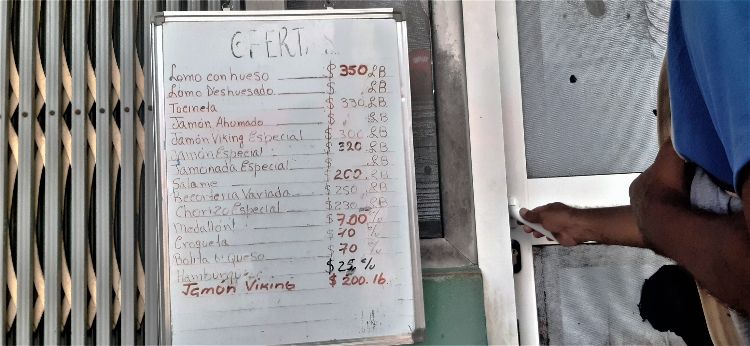
Likewise, the devaluation of the Cuban peso and the drop in its purchasing power are also directly derived from the dollarization of the economy through the implementation of the Freely Convertible Currency (MLC).
“It was thought that the monetary duality was going to end and what happened was that they changed the CUC, which cost 25 pesos, for the MLC, which right now is at 118 pesos. Many of us can’t buy it and that means we can’t buy the products we need either,” said Zulema Reynosa Cardona, an employee of the Provincial Metropolitan Bus Company.
Surviving in the crisis
The regime set the price of the basic basket at 1,528 pesos, which does not include other expenses such as transportation, electricity, gas, clothing, footwear, etc. To make matters worse, regulated food and subsidized prices are not enough to cover even the first 10 days of each month.
The most affected people belong to the lower part of the salary and pension scale.
“I charge 2,400 pesos and only for electricity I pay between 300 and 400. Add to that that a pound of pork is around 300 and that of chicken is 200. A small package of beans, bordering on a pound, costs 100 and rice went up to 60 The malanga does not fall below 100 pesos and you cannot find lemons for less than 160. There is no one who can, this has to burst somewhere, “he told CubaNet Omar Castillo Fuentes, maintenance worker at a school.
In these circumstances, more and more Cubans are abandoning their state jobs to live off the “trapicheo”.
Receive information from CubaNet on your cell phone through WhatsApp. Send us a message with the word “CUBA” on the phone +1 (786) 316-2072, You can also subscribe to our electronic newsletter by giving click here.
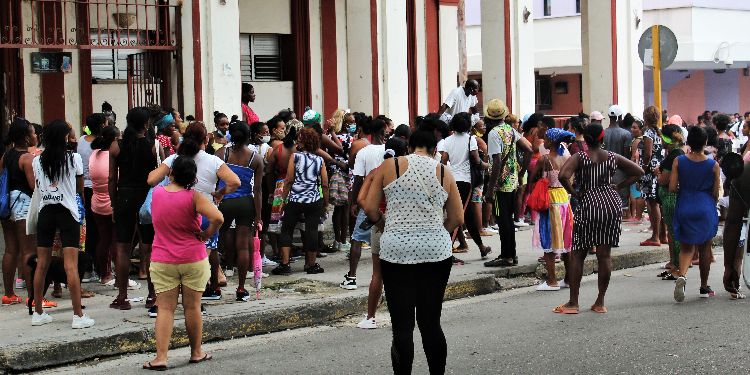
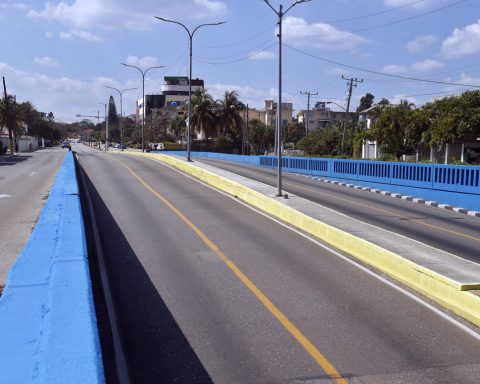



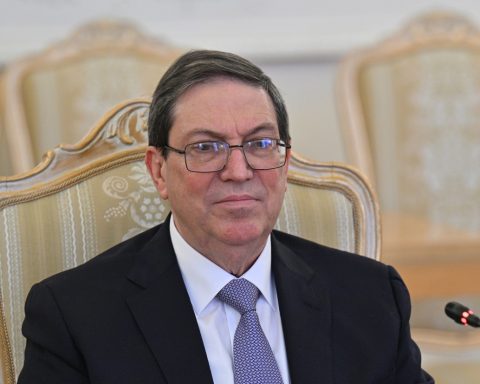



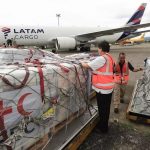
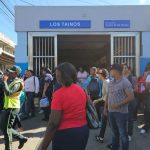

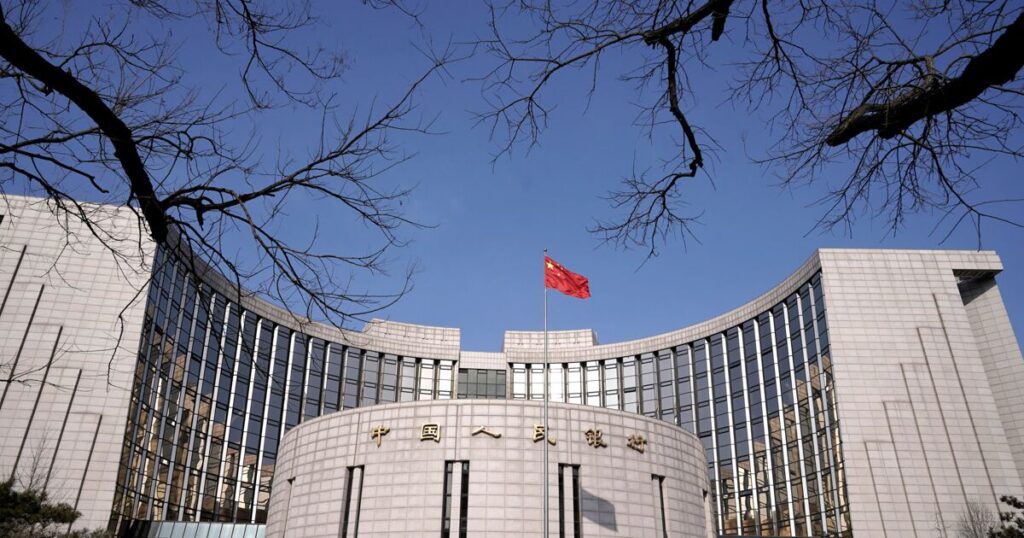
![[Videos] Two waterspouts were formed in the waters of Cartagena prior to the arrival of Cyclone Two [Videos] Two waterspouts were formed in the waters of Cartagena prior to the arrival of Cyclone Two](https://latin-american.news/wp-content/uploads/2022/06/Videos-Two-waterspouts-were-formed-in-the-waters-of-Cartagena-1024x630.jpg)
